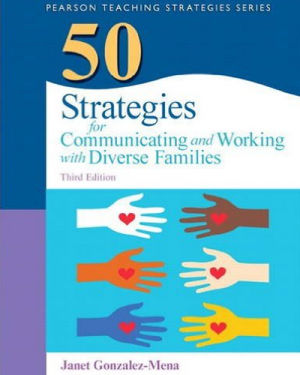Early Childhood Education Policy

How does policy affect young English language learners (ELLs)? How should standards and assessment be used with young children? These articles and reports provide a variety of perspectives on these important questions.
Featured Articles
- State Policies on Dual Language Learners in Early Childhood
- ELLs in Early Childhood Education: Recruiting Immigrant Families
- Assessment for Young ELLs: Strengths and Limitations in Current Practices
- 8 Strategies for Preschool ELLs' Language and Literacy Development
- Education Policy and Our Perception of ELL Performance
Books and Booklists
Guides and Toolkits
Research and Reports
- Developing Kindergarten Readiness and Other Large-Scale Assessment Systems
- The Effect of Attending Full–Day Kindergarten on English Learner Students
- The Long Reach of Early Childhood Poverty
- Providing a Head Start: Improving Access to Early Childhood Education for Refugees
- Early Literacy: Policy and Practice in the Preschool Years
Recommended Resources
NAEYC: Where We Stand on Assessing Young ELLs
These policy recommendations from the National Association for the Education of Young Children (NAEYC) outline best practices in assessing young ELLs, addressing the role of the home language, family involvement, and the qualifications of educators conducting the assessments. The recommendations are also available in Spanish.
Acknowledgements
Our policy section was made possible by a generous grant from the Carnegie Corporation. The statements and views expressed are solely the responsibility of the authors.







